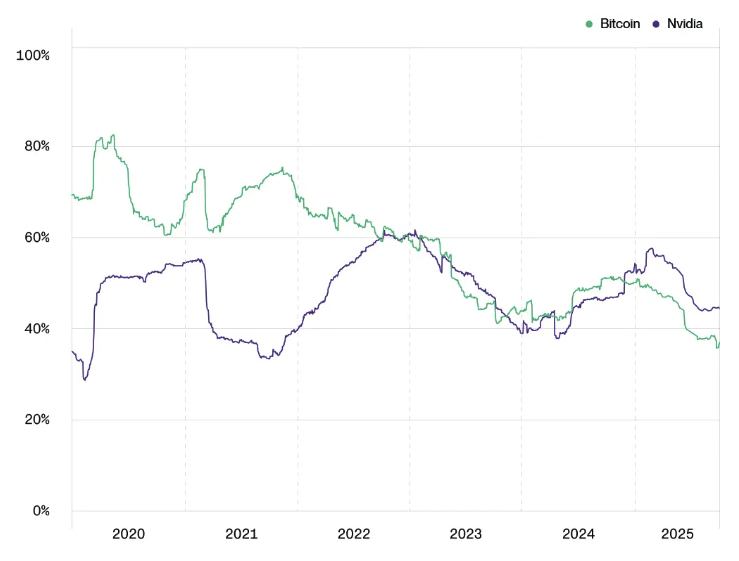Trump Attributes Stock Market Highs to New Tariffs
- Trump credits tariffs for stock market gains.
- Market volatility accompanies gains.
- U.S. tariff revenue reaches $30 billion monthly.
President Donald Trump announced that U.S. stock market strength is attributed to tariffs implemented during his second term, affecting indexes significantly since April 2025.
Market volatility and increased tariff revenues have emerged, with sharp equity selloffs and gold gaining preference, revealing heightened investor caution and economic uncertainty.
President Donald Trump has reported that the U.S. stock market is thriving due to tariffs placed on imported goods. The tariffs, initiated during his second term, are being credited for recent highs in market indices and national security.
The primary figure is President Trump, who has resumed protectionist trade policies . He imposed tariffs across various sectors, attributing positive economic indicators to these measures through official statements, including posts on Truth Social.
While the Dow Jones, Nasdaq, and S&P 500 saw significant gains, market volatility has persisted alongside these economic shifts. Sectors affected by the tariffs include technology, pharmaceuticals, and autos, illustrating the broad impact of these policies.
The tariff measures have pushed U.S. tariff revenue beyond $30 billion monthly, a figure that has tripled from the previous year. Despite these financial gains, investors remain cautious, often turning to gold as a safe haven amid fluctuating equities. As President Trump said , “THE STOCK MARKET IS STRONGER THAN EVER BEFORE BECAUSE OF TARIFFS!”
Tariff-related decisions have influenced market movements, echoing previous trade war cycles. Investor behaviors align with historical responses to protectionist policies, turning towards assets like gold during unsettled market phases.
As the Supreme Court prepares to assess the legality of President Trump’s tariff enforcement, market observers anticipate potential regulatory repercussions. Historical data suggests such legal challenges could introduce further volatility into an already cautious market.
Disclaimer: The content of this article solely reflects the author's opinion and does not represent the platform in any capacity. This article is not intended to serve as a reference for making investment decisions.
You may also like
Bitwise CIO says bitcoin will break 4-year cycle and set new all-time highs in 2026

Attention Metamask Users! The Long-Awaited Bitcoin (Btc) Announcement Has Finally Arrived!
Bitcoin Holdings Rise as Strategy Buys 10,645 BTC, Reaching 671,268 BTC Total Amid Market Pullbacks
US Spot XRP ETF Reaches $1 Billion in Inflows as Institutional Demand for Non-BTC/ETH Assets Surges